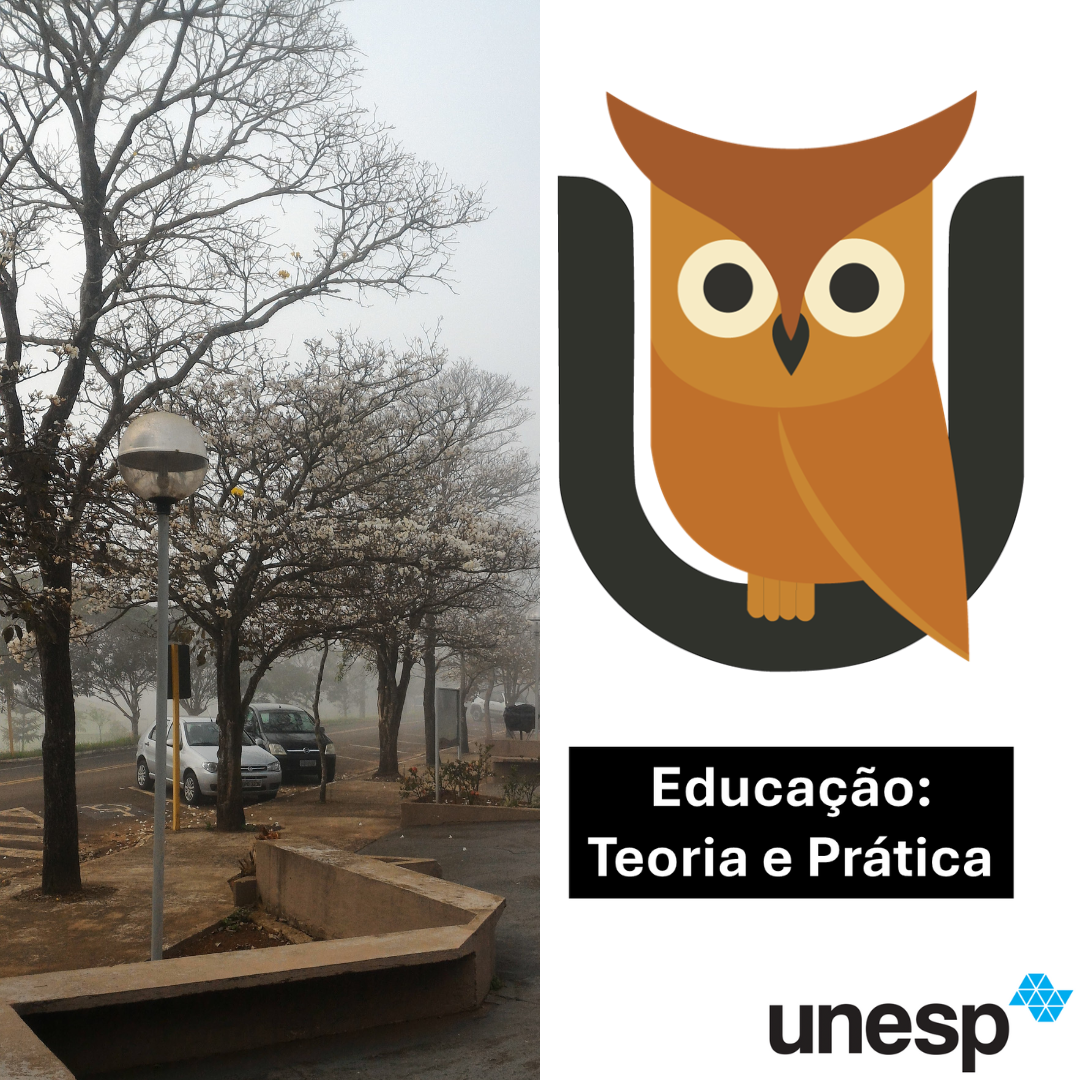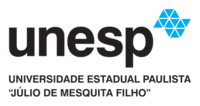VOCATION, A RESONANCE OF DASEIN
DOI:
https://doi.org/10.18675/1981-8106.vol28.n58.p339-356Keywords:
vocação, talento, dom, heidegger, virtudeAbstract
What is vocation? Is there any sense in thinking about talent, vocation, gift? From Heidegger’s thought, vocation is investigated as an existential possibility, as a resonance of Dasein (German for “being there”). We also resume ancient Greek thought regarding virtue, relating it with vocation. We consider the vocation understanding as fundamental in the current working system, which values qualifications and skills so much. However, the issue of vocation seems to have no meaning in modern society, especially in developed countries, where there is a diversity of human activities unprecedented in human history, a wide range of educational possibilities and a very insidious salary prestige for some professions. Perhaps this another symptom of the “forgetting of being” and even of its abandonment since the beginning of Modernity. Without recognizing and valuing the Dasein in which we are, where one is, there is no necessary listening to the call, to the vocation to be what one is, not only as oneself, but also, as a result, myself. Keywords: Vocation. Dasein. Heidegger. Virtue. Gift.Published
How to Cite
Issue
Section
License
Authors who publish in this journal agree to the following terms:
a) Authors assign copyright to the journal, with the work simultaneously licensed under the Creative Commons Attribution License that allows sharing of the work with acknowledgment of authorship and publication in this journal.
b) The policy adopted by the Editorial Committee is to assign copyright only after a period of 30 months from the date of publication of the article. After this time, authors interested in publishing the same text in another work must send a letter to the Editorial Committee requesting the release of the assignment of copyright and wait for a response.
c) This journal provides public access to all its content, since this allows greater visibility and reach of published articles and reviews. For more information on this approach, visit the Public Knowledge Project, a project that developed this system to improve the academic and public quality of research, by distributing OJS as well as other software to support the public access publication system to academic sources. The names and email addresses on this website will be used exclusively for the purposes of the journal and will not be available for other purposes. This journal provides open any other party  This work is licensed under a Creative Commons License
This work is licensed under a Creative Commons License










